It’s not uncommon for new roasting start-ups to lease extra space inside a local brewery’s production warehouse, or even to borrow equipment in the making and bottling of cold brew coffee.
So complimentarily and interactively have these parallel industries evolved over the past few decades that collaborations between the two are practically rites of passage, on either side of the fence.
Yet for all the instances in which two distinct banners fly under one roof or even within one product, there’s no such divide at Red Horn Coffee House and Brewing Company, outside Austin, Texas. There’s just just one laid-back, good-vibe brand that launched right out of the gates roasting coffee and brewing beer, offering the fruits of these twin craft passions at once for the enjoyment of the local community.
Founded in 2014 with an original concept of simply a craft beer bar and coffeehouse, the idea evolved rapidly first to incorporate an in-house brewing operation with the addition of avid home-brewer Zach Gardner to the early business team, ready to scale his DIY skills up to the commercial level. With that production fire lit, the conversation then took a natural turn to the craft behind the coffee that was also to be served.
“We were talking about the brewing, and we said, ‘you know what would be a lot of fun? To get some roasting involved,'” Red Horn co-owner and roaster Jon Lamb told Daily Coffee News.
No one on staff had ever roasted before, but through trial and error, consultation with some pros and a bit of education at the Texas Coffee School, they navigated the learning curve and were able to progress enough with their Diedrich IR5 to develop a program of house-roasted coffees that meet and balance the scales of local demand, with comfort coffees on one side and more adventurous offerings on the other.
“We certainly aim to achieve that with everything that we roast, what that farm intended for those flavor profiles to be,” said Lamb.
The coffee selection at this point typically features two or three single-origins sourced through InterAmerican Coffee and roasted in-house, plus an offering or two from Wild Gift Coffee
, another local Austin roaster.
“Let’s say customers come in that have never had a coffee that’s from Ethiopia that’s a really big fruit bomb. That may not be their thing, so we have maybe our Costa Rica that’s a little bit chocolaty-er and a little bit more of a traditional type of coffee that they might try,” said Lamb. “We still have that Ethiopia. Not everybody’s going to love it, but it’s something to educate and it’s something that we love.”
In striking that balance, Lamb harkens back to one particular pearl they picked up from Tom Vincent at the Texas Coffee School.
“He told us, ‘Do what you love, and don’t be apologetic about it,'” Lamb said. “We hold true to that in a lot of ways. We certainly have to meet our customers, put money in the tills to pay the light bill for sure, but we’re able to play with these coffees and say, ‘you know this is something that we really like and we hope you like it too.'”
At the 4,000-square-foot facility located just barely over line into the Austin suburb of Cedar Hills, roughly three quarters of the space is open to the public. The conversation-starting Diedrich stands proudly on a 12-by-12-foot riser that doubles as a stage for musical performances, and it’s likely to remain there even if and when their sales outpace its capacity.
“The machine has become a fixture in the shop,” said Co-Owner Chad Misner. “It’s a beautiful red machine, it sits right there on the stage, it gives us a lot of opportunity to talk to people about what we’re doing. Most people don’t know what it is, they think we’re brewing beer there. We can see ourselves always keeping that machine.”
About 400 square feet is occupied by the brewery, and the rest includes a fresh food kitchen and restrooms. The suburban location is no coincidence, and actually constitutes another differentiator for the company on the local level. Not only are they a dual-craft roaster-brewer, but they offer an excellent representation of the best of what one might find at the heart of Austin to an audience of folks that live a bit further afield, including the owners.
“Chad and I have lived in this suburb area for 11 years. We have families of our own. This is our backyard,” said Lamb, adding that he hears similar sentiments from his customers now, either in the shop or in social media. “They’ll say ‘man, this is what I used to experience when I was downtown. Thank you for bringing this here.'”
“It’s kind of an epic suburban sprawl up here, it’s a very lived-in area,” added Coffee Program Manager and Graphic Designer Jared Hill, noting that while their craft coffee and beer offerings are of the style and quality that resonates with workers from nearby tech offices and other typical Austinite coffeehouse-sitters, there are also a lot of parents with children and other locals that couldn’t be happier to have access to the good stuff without having to endure the congested drive downtown.
If all continues to go as well as it has gone the past 1.5 years, they hope to have a second shop open within a year from now, situated in another suburban area where they can again tap into the desire for creative space and the deep thirst for quality among people familiar with Austin-style living but live just too far to access it on the regular.
“When you walk in, it feels like you could be downtown. The things that we’re serving and the way that we’re doing things, you kind of lose the sense that you’re in the suburbs,” Hill said of the existing café at 13010 W Parmer Lane in Cedar Park. “It’s a nice place to live up here, and I think people were definitely ready for craft beer and specialty coffee. The market was starved for it.”
Howard Bryman
Howard Bryman is the associate editor of Daily Coffee News by Roast Magazine. He is based in Portland, Oregon.



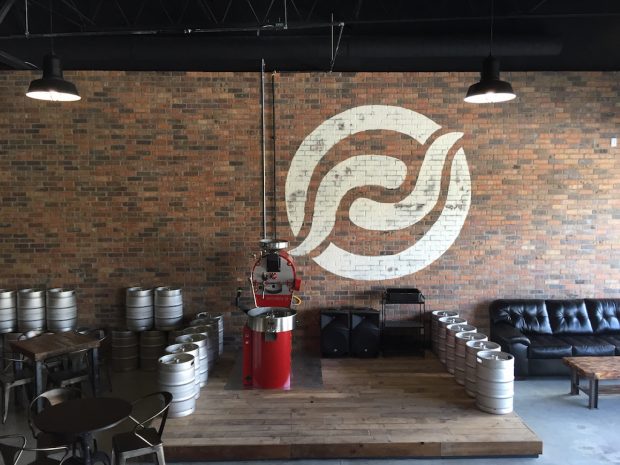
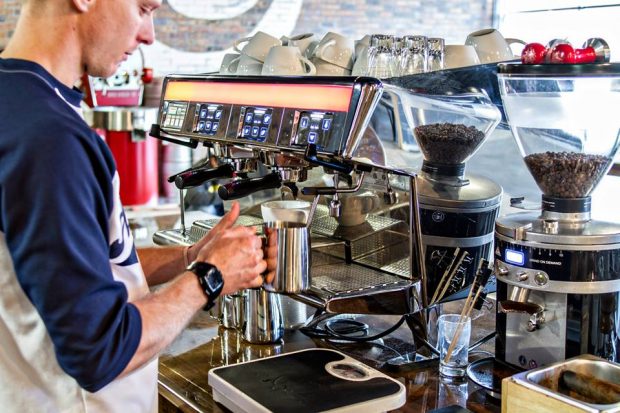
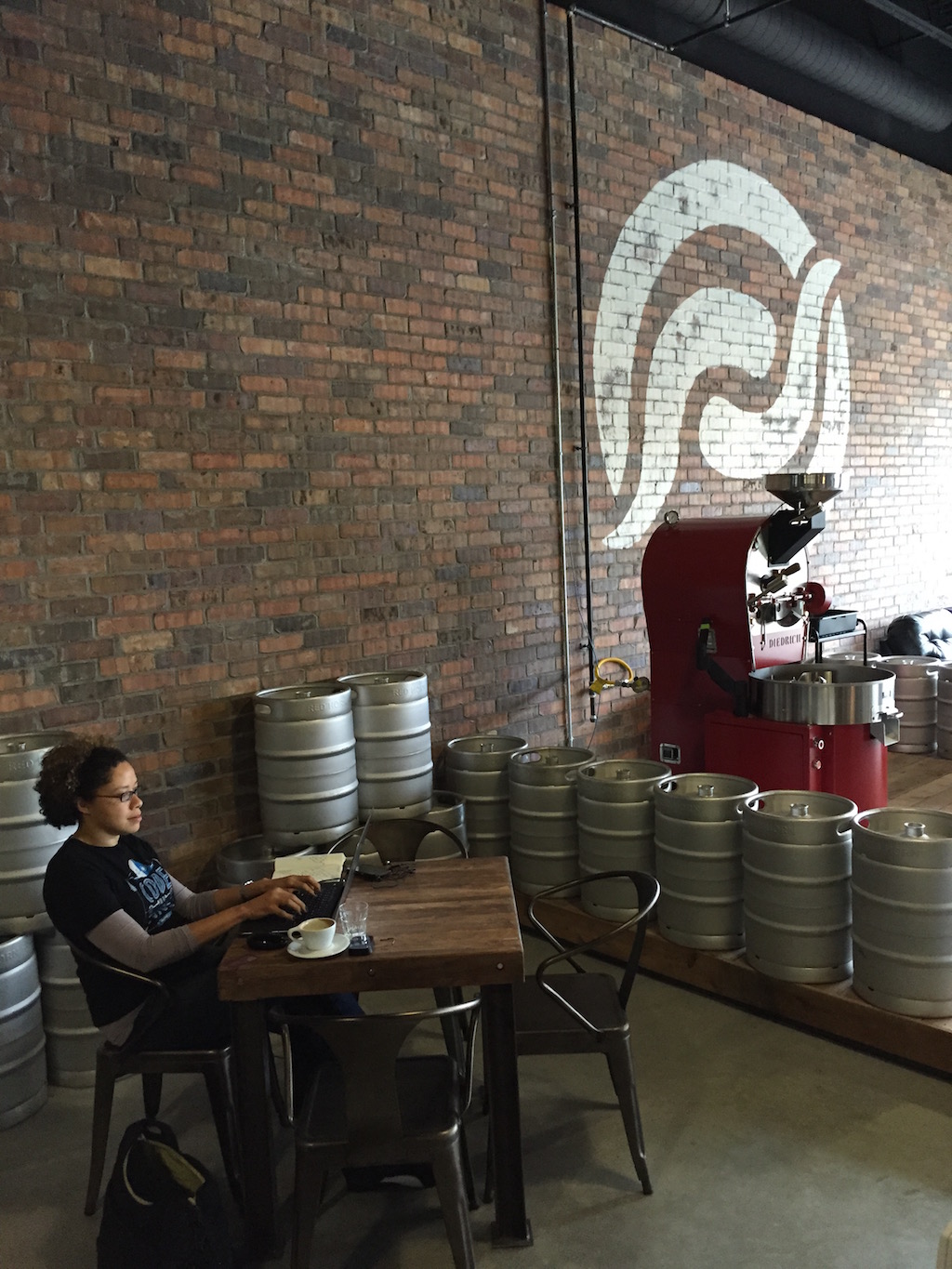
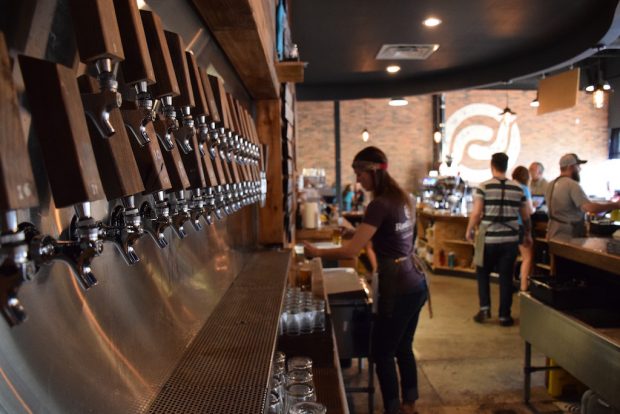
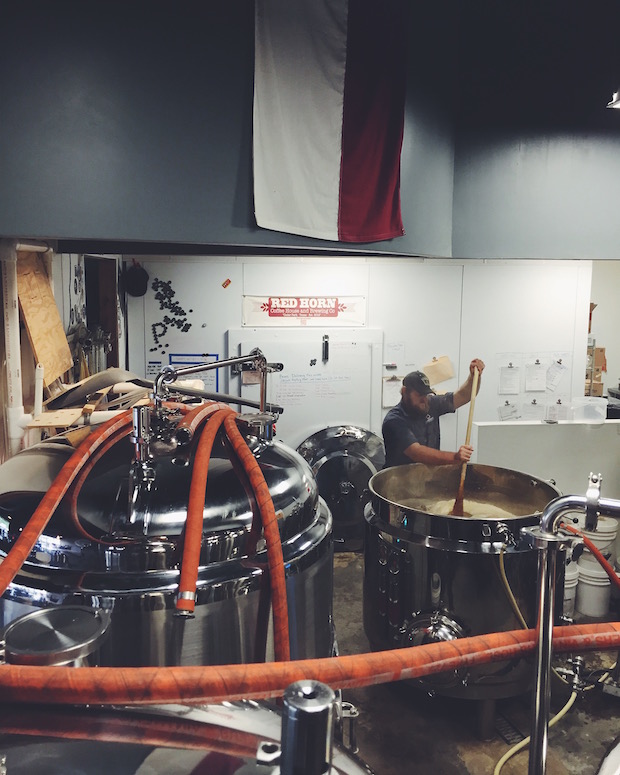
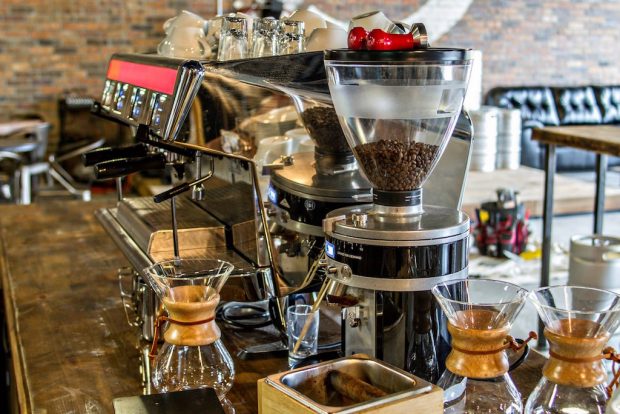
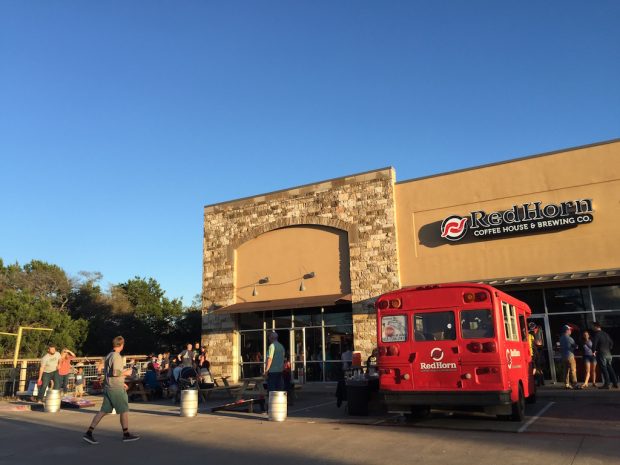



Comment